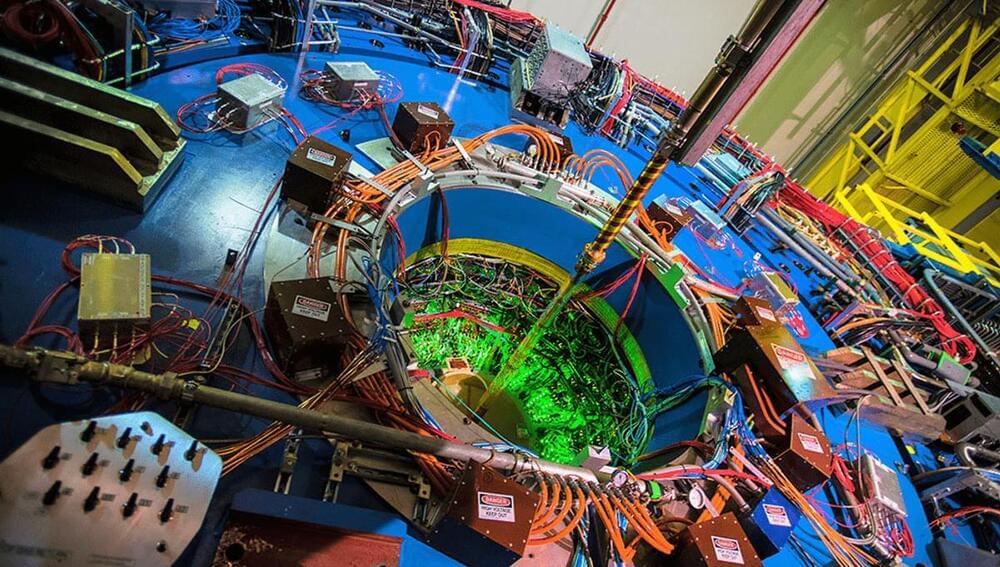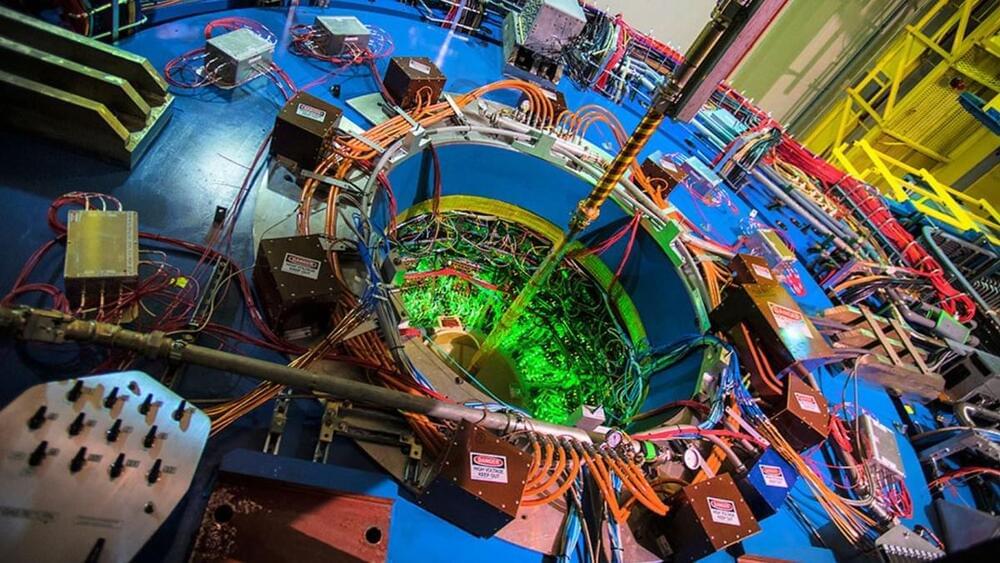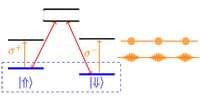Quantum computers hold the promise of performing certain tasks that are intractable even on the world’s most powerful supercomputers. In the future, scientists anticipate using quantum computing to emulate materials systems, simulate quantum chemistry, and optimize hard tasks, with impacts potentially spanning finance to pharmaceuticals.
However, realizing this promise requires resilient and extensible hardware. One challenge in building a large-scale quantum computer is that researchers must find an effective way to interconnect quantum information nodes—smaller-scale processing nodes separated across a computer chip. Because quantum computers are fundamentally different from classical computers, conventional techniques used to communicate electronic information do not directly translate to quantum devices. However, one requirement is certain: Whether via a classical or a quantum interconnect, the carried information must be transmitted and received.
To this end, MIT researchers have developed a quantum computing architecture that will enable extensible, high-fidelity communication between superconducting quantum processors. In work published in Nature Physics, MIT researchers demonstrate step one, the deterministic emission of single photons—information carriers—in a user-specified direction. Their method ensures quantum information flows in the correct direction more than 96 percent of the time.







